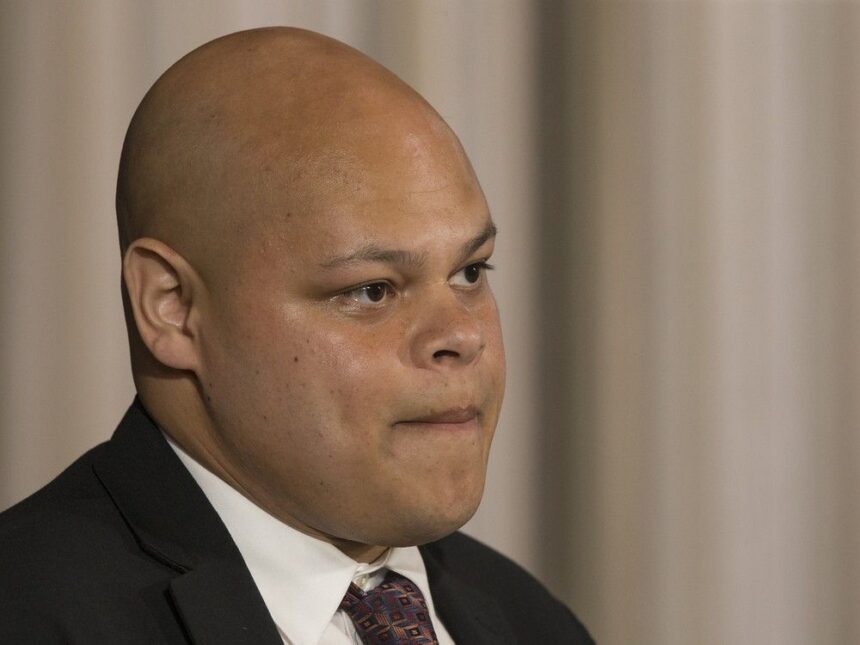In a pointed challenge that highlights deepening political tensions around labour policy, a Conservative Member of Parliament has publicly called on Mark Carney, the former Bank of Canada governor widely expected to enter federal politics, to commit to appointing a dedicated Labour Minister should he secure leadership in the Liberal Party. The unprecedented demand comes as workers across Canada face mounting economic pressures and heightened workplace uncertainties.
“The working class needs more than just carefully crafted talking points from Liberal elites,” stated the Conservative MP during a heated parliamentary exchange yesterday. “If Mark Carney is serious about supporting Canadian workers, he should pledge to appoint a real Labour Minister with actual powers to advocate for working families.”
The critique targets Carney’s recent political positioning, where he has increasingly signaled interest in entering the political arena while speaking about economic fairness and workers’ rights. Critics argue these statements represent more rhetoric than substance from the former central banker, whose economic policies have historically focused on financial stability rather than labour protections.
Labour relations experts note that Canada’s approach to worker protection has evolved significantly in recent decades, with the current Liberal government facing criticism from both union leaders and business groups. “The ministerial structure directly impacts how worker concerns are prioritized in federal policy development,” explained Dr. Eleanor Winters, a labour economics professor at the University of Toronto. “Having a dedicated Labour Minister signals particular attention to workplace standards, collective bargaining rights, and employment security.”
The timing of this challenge is particularly significant as Canada’s economy navigates post-pandemic recovery amid inflation concerns, with unemployment at 5.8% according to the latest Statistics Canada data. Workers in key sectors including manufacturing, healthcare, and transportation have organized increased job actions over the past year, citing stagnant wages despite corporate profit growth.
Carney, who led both the Bank of Canada and the Bank of England before taking on climate finance roles, has neither confirmed nor denied political ambitions, though he has increasingly appeared at Liberal Party events. His economic expertise has centered primarily on monetary policy and financial regulation rather than labour relations, raising questions about how he would approach workplace policy in any future political role.
“This isn’t about partisan politics—it’s about whether Canada’s leadership truly understands the challenges facing everyday workers,” the Conservative MP added, highlighting recent labour disputes in critical industries.
As political jockeying intensifies ahead of the next federal election cycle, this call for a dedicated Labour Minister represents more than symbolic politics—it reflects fundamental questions about how economic policy should balance corporate interests with worker protections in Canada’s evolving economy. The question remains: will future governmental structures prioritize labour concerns as discrete policy areas, or continue addressing them through broader economic frameworks?














